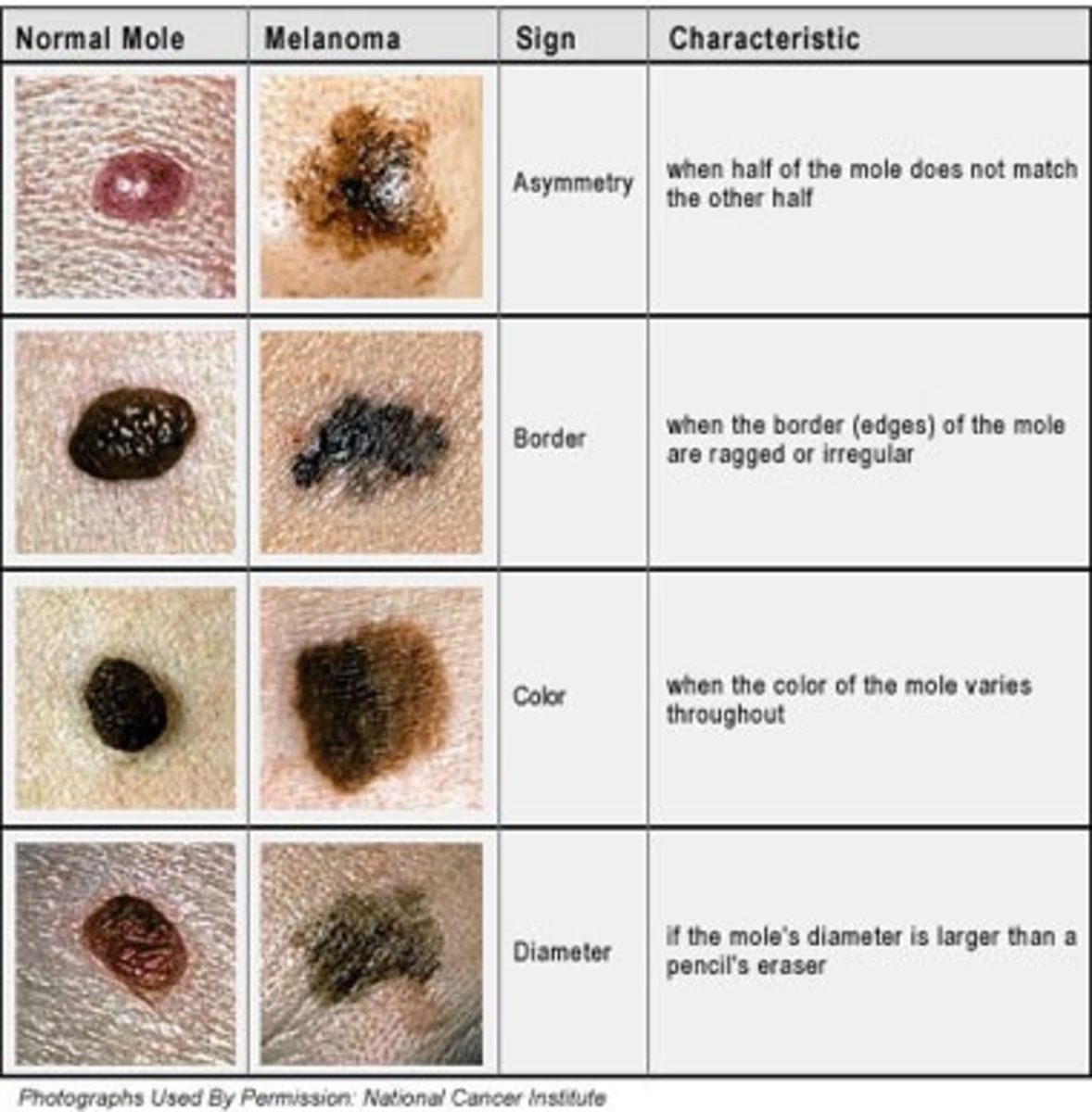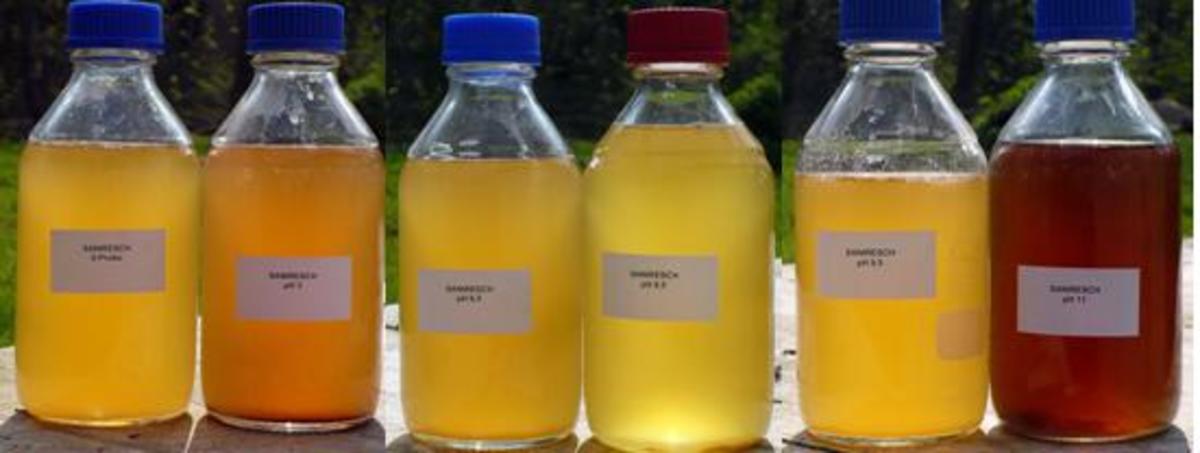What You Didn't Know About sleep!
Scientifically speaking, sleep is a phase of physical inactivity when our pineal gland in the brain releases a hormone called Melatonon, or the sleep hormone which in humans is directly synthesized from the amino acid Tryptophan. Melaonin indices sleep by causing drowsiness and lowering the body temperature. During this time our consciousness is in a suspended state. It is a fact that sleep is important for rendering mental and physical rest to our body, but make no mistake about it, sleep is not a state of deactivation of the brain.
Our brain emits waves of certain frequencies which are from 0.5 to 14 and over 14 cycles per second. These electric waves generated by the brain can be measured with the help of EEG or the ‘Electroencephalograph’. When we are in the state of deep sleep or are unconscious our brain waves range from 0.5 to 3.5 cycles per second and the brain is said to be in delta ‘level of activity. When we are in the state of light sleep the brain waves vary from 3.5 to 7 cycles per second and the brain is said to be in theta level of activity

Above theta level comes alpha level, which is while we are half awake and brain activity ranges from 7 to 14 cycles per second. Then comes the state of being fully conscious or the beta level of activity in which the brain waves vary from 14 to more cycles per second.
The mysterious REM sleep!
The Random Eye Movement Sleep is so named because of obvious reasons. During this phase of sleep the eyes dart from side to side very swiftly. REM sleep is a very popular term and is known by many. However the latest discoveries about this sleep has baffled the sleep scientists and has opened completely new avenues for sleep research. The researchers for example have found that during the REM sleep, the brain consumes 180% more glucose than during non REM sleep. We also know now that the brain activity is also almost twice during this kind of sleep. If we look at the brain in the real time FMRI scans, we see that during the REM, the brain lights up and the whole neocortex jumps into action. The activity of the brain is much more than during the wakeful state.
EEG showing the high neural oscillations during REM sleep.

Sleep Deprivation, its effects and Micro-sleeps.
Our brain is quite active during the sleeping hours. It even shows bursts of chemical activity at this time which can exceed that recorded during wakefulness. It has now been proved that if a person is deprived of sleep for more than 48 hours, he can experience serious adverse effects for his physical as well as mental well being. Inadequate sleep causes symptoms like irritability, hallucinations, stress, depression, headache, strain on body parts like eyes and forehead, paranoia etc. it has also been discovered during extensive experimenting, that if a person is deprived of dreaming by waking him up every time, he enters the dreaming phase of sleep, he most likely shows symptoms like dizziness, headache, temporary mild forgetfulness, stresses, depression, anxiety etc which are similar to those of sleep deprivation. This discovery leads to the conclusion that dreaming might be of the same importance as sleep is.

On an average an adult needs about eight hours of sleep. Most of us do not get this amount of sleep which is considered as a clinically healthy limit. Lack of sleep can be very detrimental. Experiments show that more than half the victims of fatigue are the ones going through sleep deprivation. Scientists use the term ‘Sleep debt’ which they explain is created when we borrow time from our sleep to do other things, and do not give enough rest to our body, which it needs in the form of sleep. These sleep debts lead to symptoms like sleepiness in wakeful hours, loss of productivity, accidents due to lack of concentration during driving etc. These sleep debts, if not covered by sleeping more some other time, can lead to illness too. In serious cases it can be fatal. Neuropsychologist Stanley Coren states that these sleep debts can make a person unhappy, stupid, clumsy and dead.
Did you know about brain activity cycles?
Sleep deprivation has numerous nasty effects, practically more than we think. Dr. Michael Irwin believes that if we deprive ourselves of adequate sleep for a long time, our immune system loses about 50% of its power. We all have got internal alarms in our mind that tell us when it is time to get up and when it is time to go to bed. In a cycle of twenty four hours, we enter a phase called the ‘Circadian Trough’ two times. Each time it hits us, we feel weak and are highly overcome by the feeling of sleepiness. This phase lasts about 4 to 6 hours. It hits us at about midnight and then sometime in between noon and 4 pm. We all should pay real attention to these alarms given by our minds and bodies in order to avoid the consequences of sleep deprivation. When we stay awake for a longer time than our body can easily handle, our brain starts triggering a series of ‘Microsleeps’. These are the sleeps lasting for a few seconds, during which bizarre things like hallucinations and strange dreams that merge into the state of wakefulness happen.

During research and experimentation an astonishing fact was revealed linking sleep deprivation to psychological factors. According to this factually based theory, those people who are fatalists tend to be victimized by the symptoms of sleep deprivation more actively and intensely than those who have a pragmatic approach in life as such an approach helps in fighting dangerous effects of sleeplessness. People having a pessimistic approach also tend to get angry and tense due to sleep loss.

Effects of sleep loss also show up in those areas of brain which are responsible for short term memory and problem solving. According to a series of experiments conducted by researcher Maria Thomas, after 24 hours of sleep loss the glucose level of our brain is slashed down to as much as 17%, and with every increasing hour of sleeplessness these symptoms of lack of attention and lack of ability of problem solving drastically increase. A warning given by sleep researchers to alcohol consumers is that after a night or two of insufficient sleep, even one or two drinks can heavily intoxicate a person, making his power to judge and his reflexes practically dead.
‘Must know’ facts about sleep.
- You cannot dream and snore at the same time.
- Horses and Dolphins are examples of those organisms which are not completely inactive physically during sleep. Defense mechanism probably.
- Sleep position effects the kind of dreams you have.
- Blue light blocks the formation of the sleep hormone Melatonin
- Events that have caused us immense emotional pain are de-amplified during sleep, this is exactly why we feel less anguished about things in the morning that made us feel like killing someone the night before.
- People suffering from ‘Sleeping beauty syndrome’ might have to sleep for more than 20 hours a day at the time of flare ups.
- Some people have achieved things in their sleep, which they have not been able to achieve during wakefulness e.g. a poem or a concept of a movie etc. Some people have achieved things in their sleep, which they have not been able to achieve during wakefulness e.g. a poem or a concept of a movie etc.
- Our dreams can present clear ideas of the effect that our subconscious is putting on our conscious mind.
- Sometimes dreams give us a spark to achieve the impossible. It comes in the form of a very strong feeling when you wake up in the morning.
- Elephants can sleep very well while in a standing posture.
Humans instinctively cannot ignore the dark. When it is dark, we hear the voice within say that it is time to sleep.








